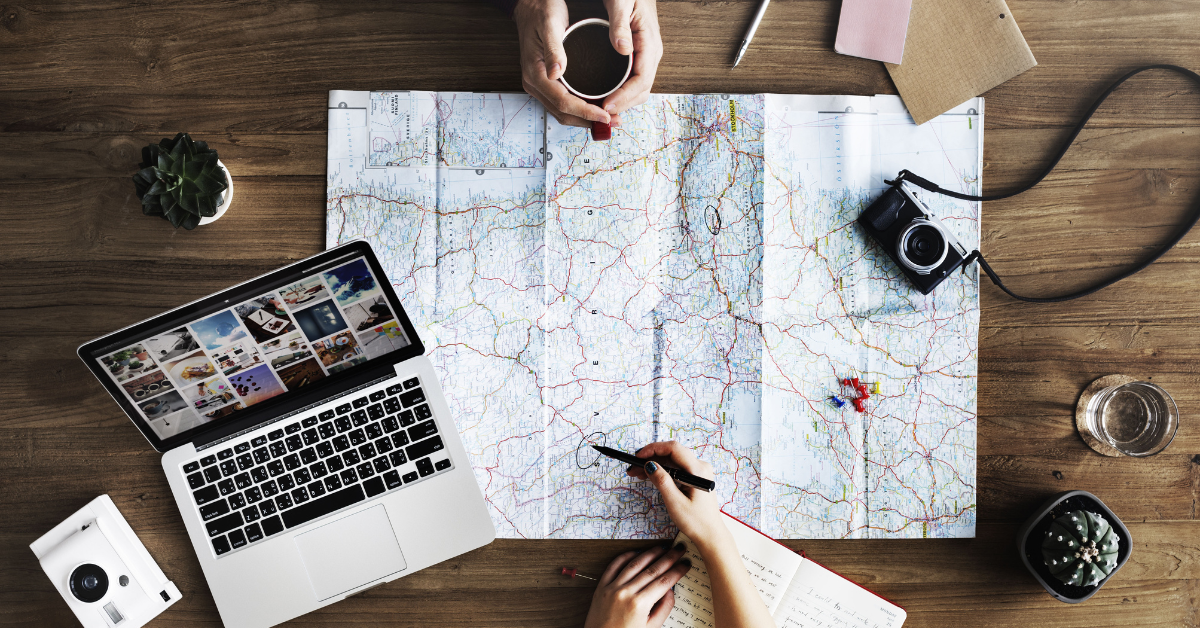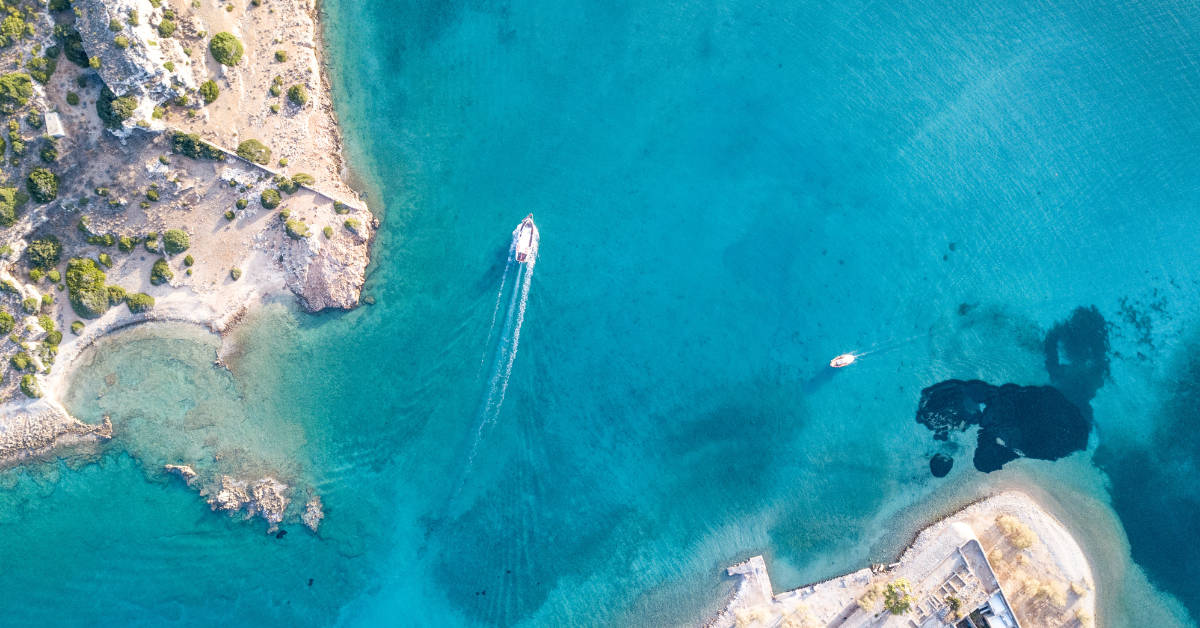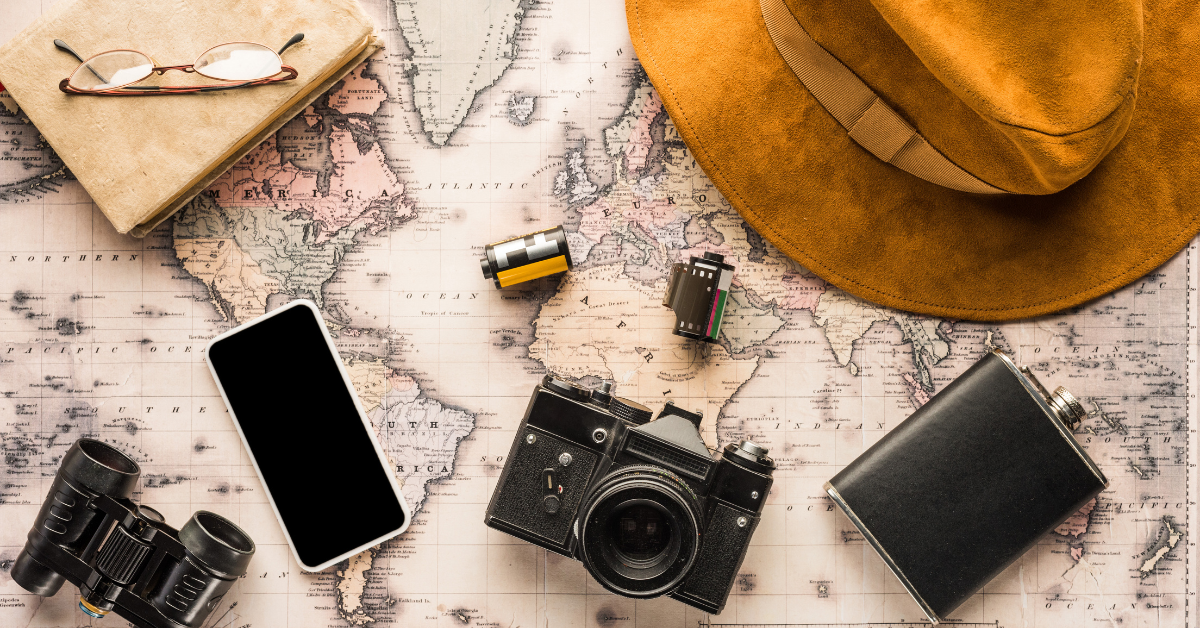
How to Plan a Travel Budget

*Collaborative Post
The joy of traveling is unparalleled. The thrill of exploring new destinations, encountering different cultures, and indulging in exotic cuisines is a journey every individual should undertake. However, without a well-thought-out budget, traveling can become a financial nightmare. Creating a travel budget requires a detailed approach that accounts for every possible expense. This guide aims to help you navigate the intricacies of travel budgeting to ensure your next trip is memorable and financially stress-free.
Using Tools and Apps
First and foremost, when journeying, you should integrate technology for budgeting purposes. All begins from this.
- Spreadsheets: Tried and tested, spreadsheets allow for detailed budget breakdowns. Use formulas to calculate daily limits, track expenses, and monitor savings or overspending.
- Budgeting Apps: Numerous apps, like Trail Wallet or Mint, are designed to help travelers track expenses. They allow you to set daily limits, categorize expenses, and even provide insights into your spending habits.
- Casino Apps: For NZ players feeling lucky or wanting to indulge in entertainment with the potential for monetary rewards, casino apps can be an exciting option. Websites like onlinecasino-nz.net offer a variety of games and betting opportunities and play casino. While they can be a fun way to increase your travel funds potentially, it’s crucial to approach them with caution.
Identifying Travel Priorities
Understanding your travel priorities is essential in determining where your money goes.
Determine Your Travel Style
Are you the kind of traveler who likes plush five-star hotels with world-class amenities? Or do you prefer the rustic charm of a countryside bed and breakfast? Maybe you’re a rugged backpacker looking to camp under the stars. Understanding your travel style directly correlates with how much you’ll spend.
List Down Must-Visit Spots
Each destination boasts its iconic landmarks and hidden gems. By prioritizing which places are a must-visit for you, you can allocate your budget accordingly. Admission to some landmarks can be pricey. However, they might offer a once-in-a-lifetime experience that’s worth the expense. On the other hand, some hidden gems might be free to explore but still provide a unique and enriching experience.
Allocate Funds for Experiences
Experiences from the heart of any trip. While some experiences, like museum visits or theater shows, have a predictable cost, others might come out of the blue. Maybe you’ll discover a local festival or a pop-up culinary event. Allocating a separate fund for such unplanned experiences ensures you won’t miss out on something special.
Researching Costs
Knowledge is power. By researching potential costs in advance, you can avoid surprises during your trip:
- Accommodation: Depending on your travel style, accommodation can be your most significant expense or one of the smaller ones. If you prefer luxury, research peak season rates for high-end hotels or resorts. Even if you’re leaning towards budget accommodation, it’s essential to understand the average costs. Consider alternative accommodation options, too, like hostels, guesthouses, or vacation rentals. Reading reviews can give you an idea of what to expect regarding value for money.
- Transportation: How you get around significantly affects your travel budget. International flights can be expensive, but with early bookings and fare comparison, you can score great deals. Once at your destination, look into public transport options. Buses and trains are often more budget-friendly than taxis. If exploring off-the-beaten-path locations, consider renting a car. Factor in fuel costs, tolls, and parking fees.
- Food & Drink: Culinary experiences can make or break a trip. Some destinations are pricier than others when it comes to dining. Cities renowned for their culinary scene might have expensive restaurants. Still, they also offer many street food options that are both delicious and budget-friendly. Allocate funds for both daily meals and unique dining experiences. Don’t forget to factor in local taxes and service charges.
- Activities & Entrance Fees: Attractions, whether museums, parks, or historical sites, often incur entrance fees. Research these in advance to avoid surprises. Look for city passes or combo tickets that offer discounts on multiple attractions. Also, factor in costs for activities like guided tours, workshops, or adventure sports.
Factoring in Miscellaneous Expenses
These seemingly small expenses can add up and throw off your entire budget:
- Travel Insurance: Never underestimate the importance of travel insurance. Medical emergencies, trip cancellations, or lost luggage can incur significant expenses. A comprehensive travel insurance policy can provide peace of mind and financial protection.
- Emergency Funds: No matter how meticulously you plan, unexpected expenses will arise. A medical emergency, a sudden transport strike, or even losing your wallet can strain your budget. Setting aside an emergency fund ensures you’re prepared for any eventuality.
- Connectivity: Staying connected is crucial, especially if you’re traveling solo. Research local SIM card rates or international roaming packages offered by your service provider. Don’t forget to account for potential Wi-Fi charges in hotels or cafes.
Creating a Daily Budget
A daily budget provides a clear picture of your spending capacity and helps keep your finances in check:
- Break Down Expenses: Categorize your expenses into food, accommodation, transport, activities, and miscellaneous. By allocating a daily limit to each category, you can keep track of your spending and ensure you don’t exceed your overall budget.
- Stay Flexible but Mindful: While it’s crucial to stick to your budget, allow yourself some flexibility. If you encounter an unmissable experience over your budget, see if you can cut back on another category to accommodate it. Always be aware of your financial boundaries to avoid undue stress.
Conclusion
Crafting an adequate travel budget might seem daunting. Still, with meticulous research, continuous monitoring, and leveraging technology, it becomes a manageable task. An efficient budget ensures you get the best value for your money, allowing you to focus on the joy of traveling and creating unforgettable memories.
*This is a collaborative post. For further information please refer to my disclosure page.




